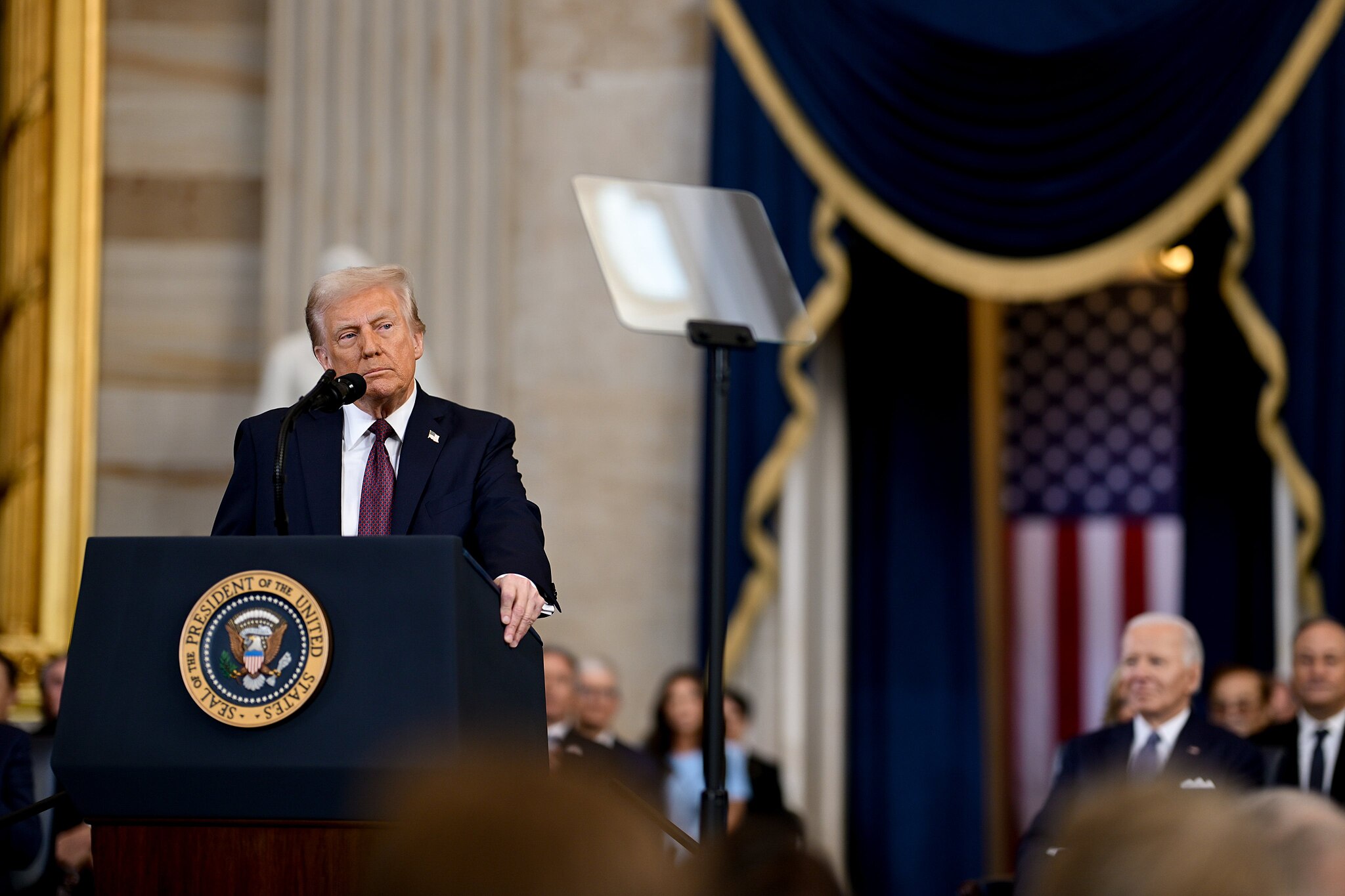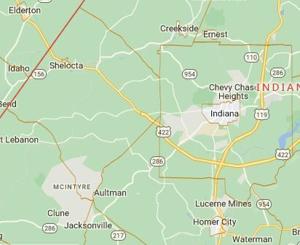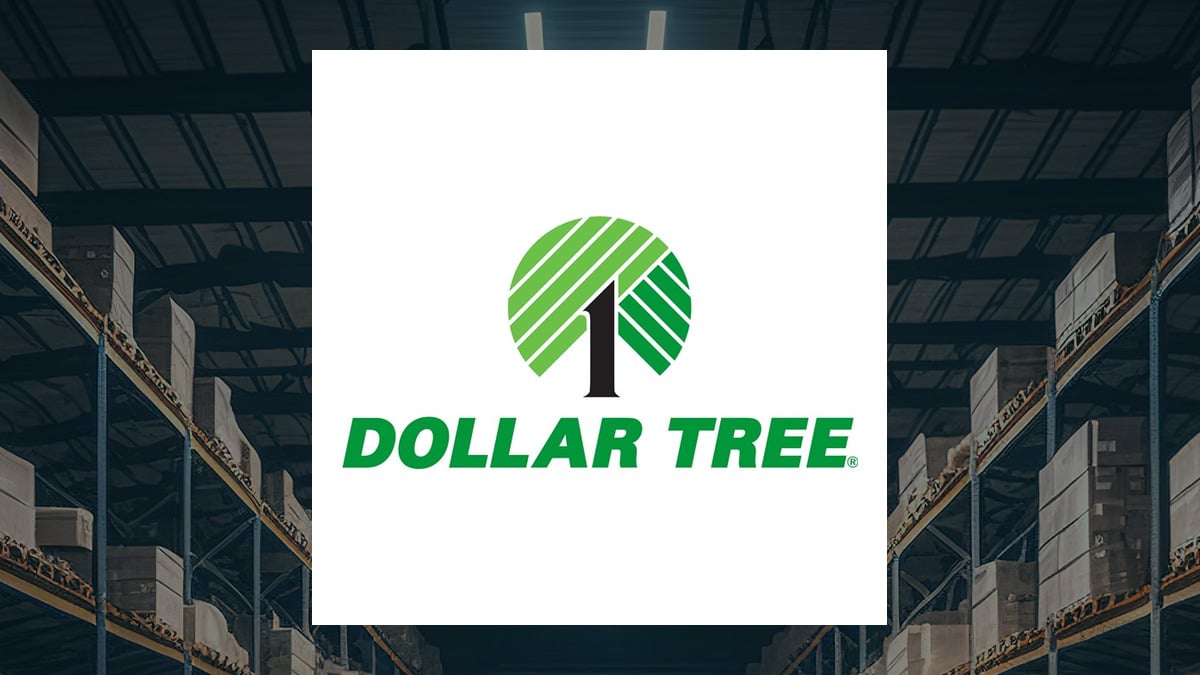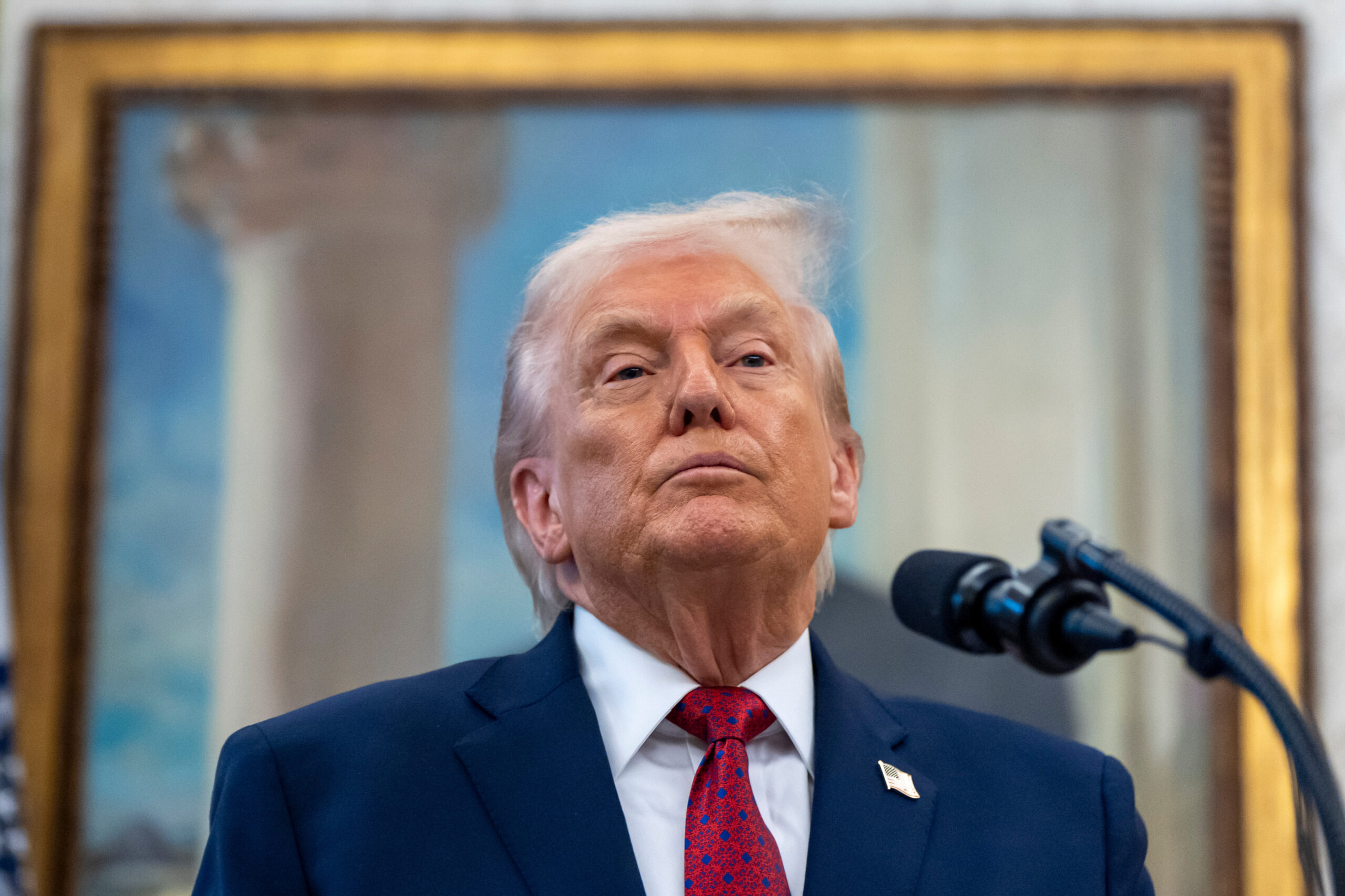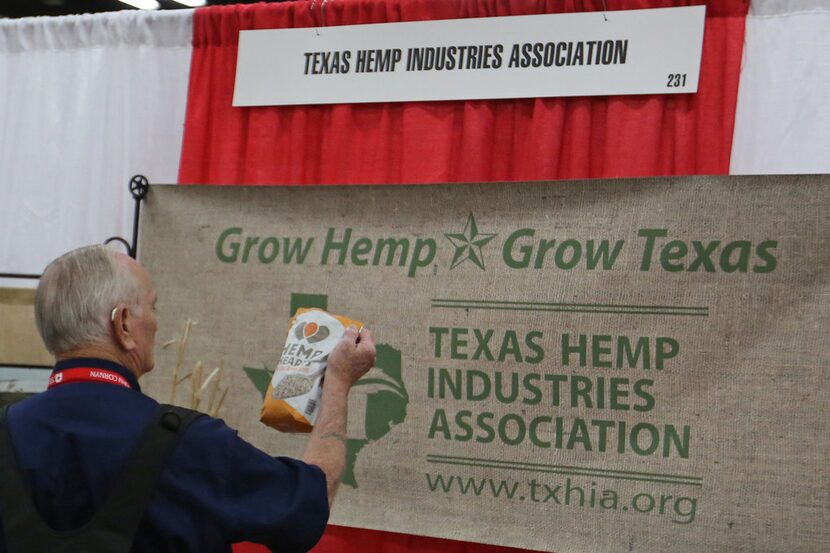A coalition of 22 states has filed a lawsuit against the Trump administration over a new rule that aims to limit eligibility for the Public Service Loan Forgiveness (PSLF) program. The complaint was lodged in the US District Court for the District of Massachusetts, asserting that the administration lacks the authority to exclude specific employers from this federal program.
The PSLF program is designed to forgive federal student loans for borrowers who have made consistent payments while working for eligible nonprofit or government employers for at least ten years. The new rule, introduced in March 2023, redefines the eligibility criteria, notably excluding organizations deemed to have a “substantial illegal purpose.” This definition encompasses violations of certain federal immigration laws, supporting terrorism, child abuse, discrimination, and breaches of state law.
The lawsuit claims that the Trump administration’s actions go beyond the statutory framework established for the PSLF. According to the states, the only allowed exception for government jobs under existing law applies to members of Congress. The states argue that the Department of Education’s assertion of a “substantial illegal purpose” to exclude some employers is arbitrary and capricious.
In their legal challenge, the states contend that the administration’s interpretation of illegal activities is pretextual. They argue it effectively grants the administration “unfettered discretion” to determine when an employer has engaged in activities that disqualify them from PSLF eligibility. This, they assert, could deter lawful employment opportunities and undermine the program’s intent.
The Trump administration has defended the new rule, labeling it as “commonsense reform.” Officials argue that supporting organizations involved in illegal activities contradicts the public good that the PSLF program is designed to promote. They emphasize that the new guidelines create a structured process for assessing organizational eligibility.
As the legal proceedings unfold, the implications for thousands of borrowers relying on the PSLF program remain to be seen. The outcome of this case could significantly impact the future of student loan forgiveness for public service workers across the United States.

